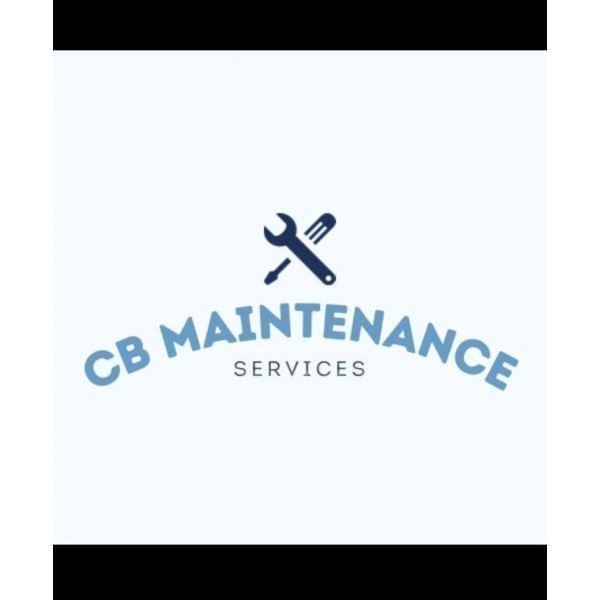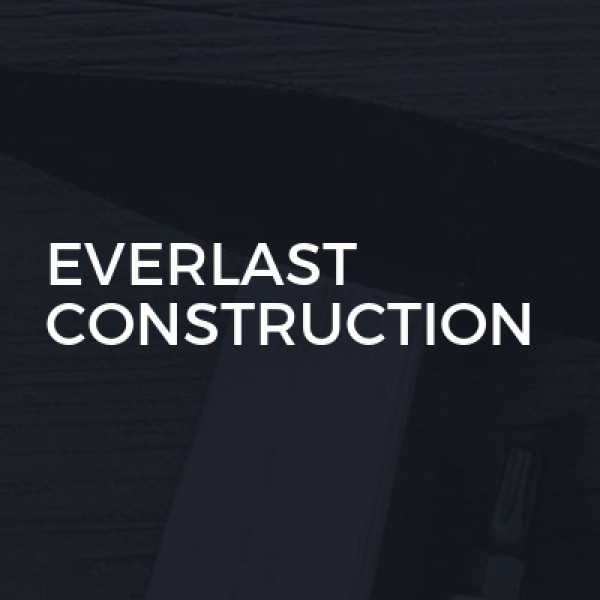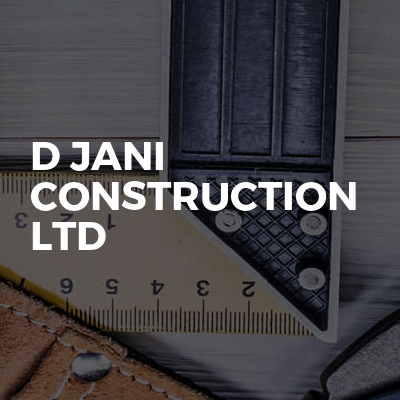Understanding the Role of Extension Builders in Wath Upon Dearne
Wath Upon Dearne, a charming town nestled in South Yorkshire, has seen a surge in home extensions as residents seek to enhance their living spaces. Extension builders in Wath Upon Dearne play a pivotal role in transforming homes, adding value, and improving functionality. This article delves into the various aspects of extension building, offering insights into the process, benefits, and considerations for homeowners.
The Growing Demand for Home Extensions
In recent years, the demand for home extensions in Wath Upon Dearne has increased significantly. This trend is driven by a desire for more space, whether for a growing family, a home office, or simply to enhance the living environment. As property prices rise, many homeowners find extending their current home more economical than moving.
Factors Contributing to the Popularity of Extensions
- Cost-Effectiveness: Extending a home can be more affordable than purchasing a new property.
- Customisation: Homeowners can tailor extensions to meet specific needs and preferences.
- Increased Property Value: Well-designed extensions can significantly boost a property's market value.
- Improved Living Space: Extensions offer additional space for various purposes, enhancing overall comfort.
Types of Home Extensions
Extension builders in Wath Upon Dearne offer a variety of extension types to suit different needs and budgets. Understanding these options can help homeowners make informed decisions.
Single-Storey Extensions
Single-storey extensions are a popular choice for those looking to expand their ground floor. They can be used to enlarge kitchens, add dining areas, or create open-plan living spaces. These extensions are typically less complex and more affordable than multi-storey options.
Double-Storey Extensions
For those needing more space, double-storey extensions provide additional rooms on both the ground and upper floors. This type of extension is ideal for adding bedrooms, bathrooms, or even a home office, offering a comprehensive solution for growing families.
Wrap-Around Extensions
Wrap-around extensions combine side and rear extensions to create a large, versatile space. They are perfect for homeowners looking to maximise their property's footprint, offering extensive customisation options.
Conservatories and Orangeries
Conservatories and orangeries are popular for those seeking a bright, airy space that connects the indoors with the outdoors. These extensions are often used as sunrooms, dining areas, or even home offices, providing a unique blend of style and functionality.
The Process of Building an Extension
Building an extension involves several stages, each requiring careful planning and execution. Extension builders in Wath Upon Dearne guide homeowners through this process, ensuring a smooth and successful project.
Initial Consultation and Design
The process begins with an initial consultation, where builders assess the homeowner's needs and preferences. This stage involves discussing design ideas, budget considerations, and any specific requirements. Builders then create detailed plans and drawings, which form the foundation of the project.
Planning Permission and Regulations
Obtaining planning permission is a crucial step in the extension process. Builders help navigate the complexities of local regulations, ensuring all necessary approvals are secured. This step is essential to avoid potential legal issues and ensure the project complies with building codes.
Construction and Project Management
Once planning permission is granted, construction begins. Builders manage the project from start to finish, coordinating with subcontractors, sourcing materials, and overseeing the work. Effective project management ensures the extension is completed on time and within budget.
Final Inspection and Handover
After construction, a final inspection ensures the extension meets all safety and quality standards. Builders address any issues or adjustments before handing over the completed project to the homeowner, ensuring satisfaction with the finished product.
Choosing the Right Extension Builder
Selecting the right extension builder is crucial for a successful project. Homeowners in Wath Upon Dearne should consider several factors when making their choice.
Experience and Expertise
Look for builders with a proven track record in extension projects. Experienced builders bring valuable insights and skills, ensuring high-quality workmanship and efficient project management.
Reputation and Reviews
Research potential builders by reading reviews and testimonials from previous clients. A builder with a strong reputation for reliability, professionalism, and quality work is more likely to deliver a successful project.
Communication and Transparency
Effective communication is essential throughout the extension process. Choose a builder who is transparent about costs, timelines, and potential challenges, ensuring a smooth and stress-free experience.
Accreditations and Insurance
Ensure the builder holds relevant accreditations and insurance. This provides peace of mind, knowing the project is protected against unforeseen issues and meets industry standards.
Benefits of Hiring Professional Extension Builders
Engaging professional extension builders in Wath Upon Dearne offers numerous advantages, from expertise to peace of mind.
Quality Workmanship
Professional builders deliver high-quality workmanship, ensuring the extension is built to last. Their expertise minimises the risk of errors and defects, resulting in a superior finished product.
Time and Cost Efficiency
Experienced builders manage projects efficiently, adhering to timelines and budgets. Their knowledge of materials and construction techniques helps avoid unnecessary delays and expenses.
Compliance with Regulations
Professional builders ensure the extension complies with all relevant regulations and standards. This reduces the risk of legal issues and ensures the project meets safety and quality requirements.
Customised Solutions
Builders work closely with homeowners to create customised solutions that meet specific needs and preferences. This personalised approach ensures the extension enhances the home's functionality and aesthetic appeal.
Common Challenges in Extension Projects
While extensions offer numerous benefits, they can also present challenges. Understanding these potential obstacles can help homeowners prepare and mitigate issues.
Planning Permission Delays
Securing planning permission can be time-consuming, potentially delaying the project. Working with experienced builders who understand local regulations can help expedite this process.
Budget Overruns
Unexpected costs can arise during construction, leading to budget overruns. Clear communication with builders and a well-defined budget can help manage expenses effectively.
Disruption to Daily Life
Construction work can disrupt daily routines, particularly if the extension involves significant changes to the home's layout. Planning and communication with builders can minimise inconvenience.
Weather-Related Delays
Adverse weather conditions can impact construction timelines. Builders often plan for such contingencies, ensuring the project remains on track despite unforeseen delays.
Maximising the Value of Your Extension
To maximise the value of a home extension, homeowners should consider several factors, from design to functionality.
Focus on Quality and Design
Investing in quality materials and design can significantly enhance the extension's value. A well-designed extension not only improves functionality but also adds aesthetic appeal.
Consider Future Needs
When planning an extension, consider future needs and potential lifestyle changes. A flexible design can accommodate evolving requirements, ensuring long-term satisfaction.
Energy Efficiency
Incorporating energy-efficient features can reduce utility costs and increase the property's value. Consider options such as insulation, double glazing, and energy-efficient lighting.
Integration with Existing Structures
Ensure the extension integrates seamlessly with the existing structure, maintaining architectural consistency. This enhances the overall appearance and value of the property.
Frequently Asked Questions
What is the average cost of a home extension in Wath Upon Dearne?
The cost of a home extension varies depending on factors such as size, design, and materials. On average, homeowners can expect to pay between £1,200 and £2,000 per square metre.
How long does it take to complete a home extension?
The timeline for a home extension depends on the project's complexity and size. Typically, extensions take between three to six months to complete, from planning to final inspection.
Do I need planning permission for a home extension?
Planning permission requirements vary based on the extension's size and location. It's essential to consult with local authorities or a professional builder to determine if permission is needed.
Can I live in my home during the extension process?
In most cases, homeowners can remain in their homes during construction. However, there may be some disruption, particularly if the extension involves significant changes to the home's layout.
How can I ensure my extension is energy-efficient?
To enhance energy efficiency, consider incorporating features such as insulation, double glazing, and energy-efficient lighting. Consult with your builder for additional recommendations.
What should I look for in an extension builder?
When choosing an extension builder, consider factors such as experience, reputation, communication, and accreditations. A reliable builder will ensure a successful and stress-free project.
Final Thoughts on Extension Builders in Wath Upon Dearne
Extension builders in Wath Upon Dearne offer invaluable expertise and services, helping homeowners enhance their living spaces and add value to their properties. By understanding the process, benefits, and challenges of home extensions, residents can make informed decisions and achieve their desired outcomes. With the right builder, a home extension can transform a property, providing additional space, improved functionality, and increased market value.

























